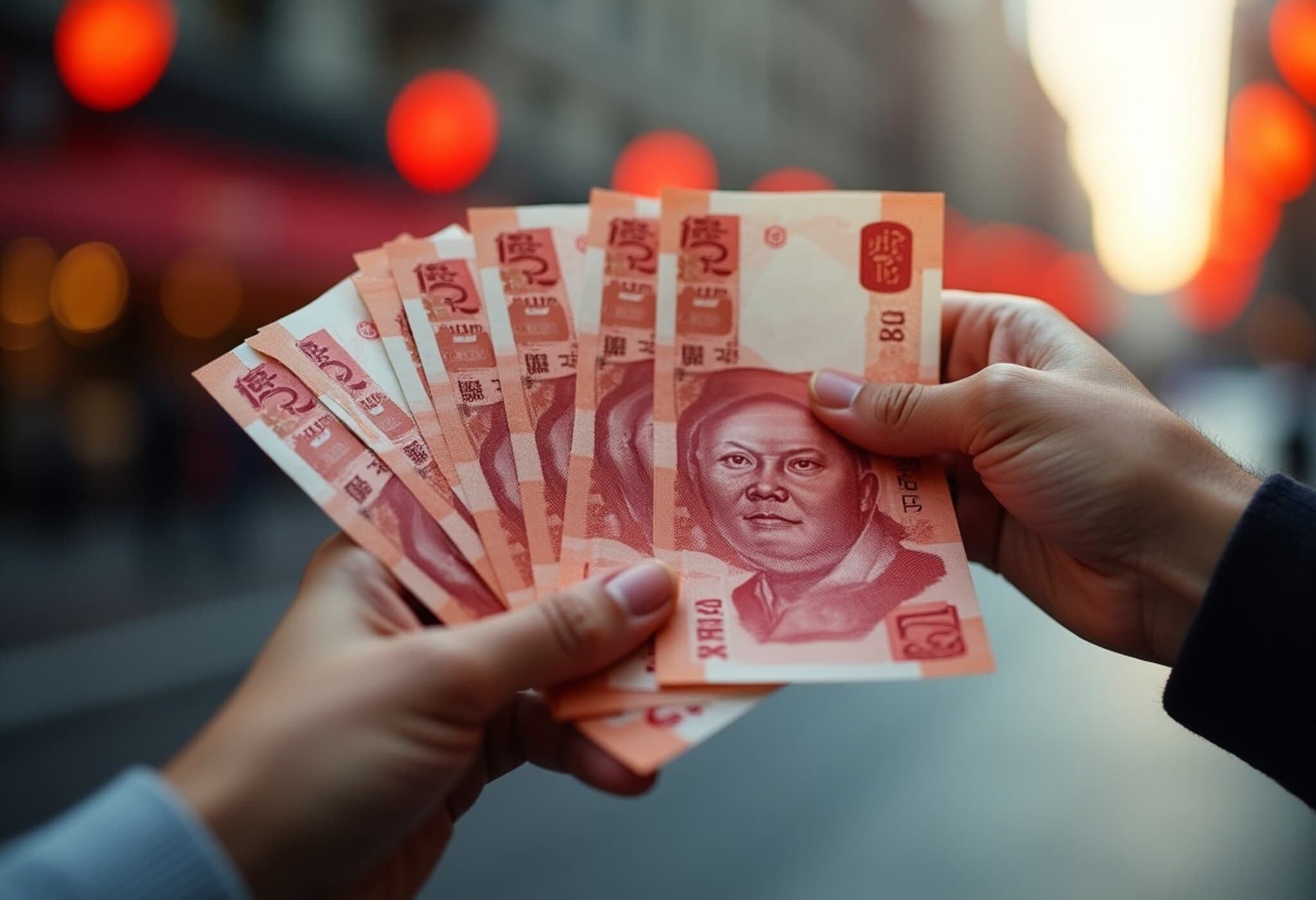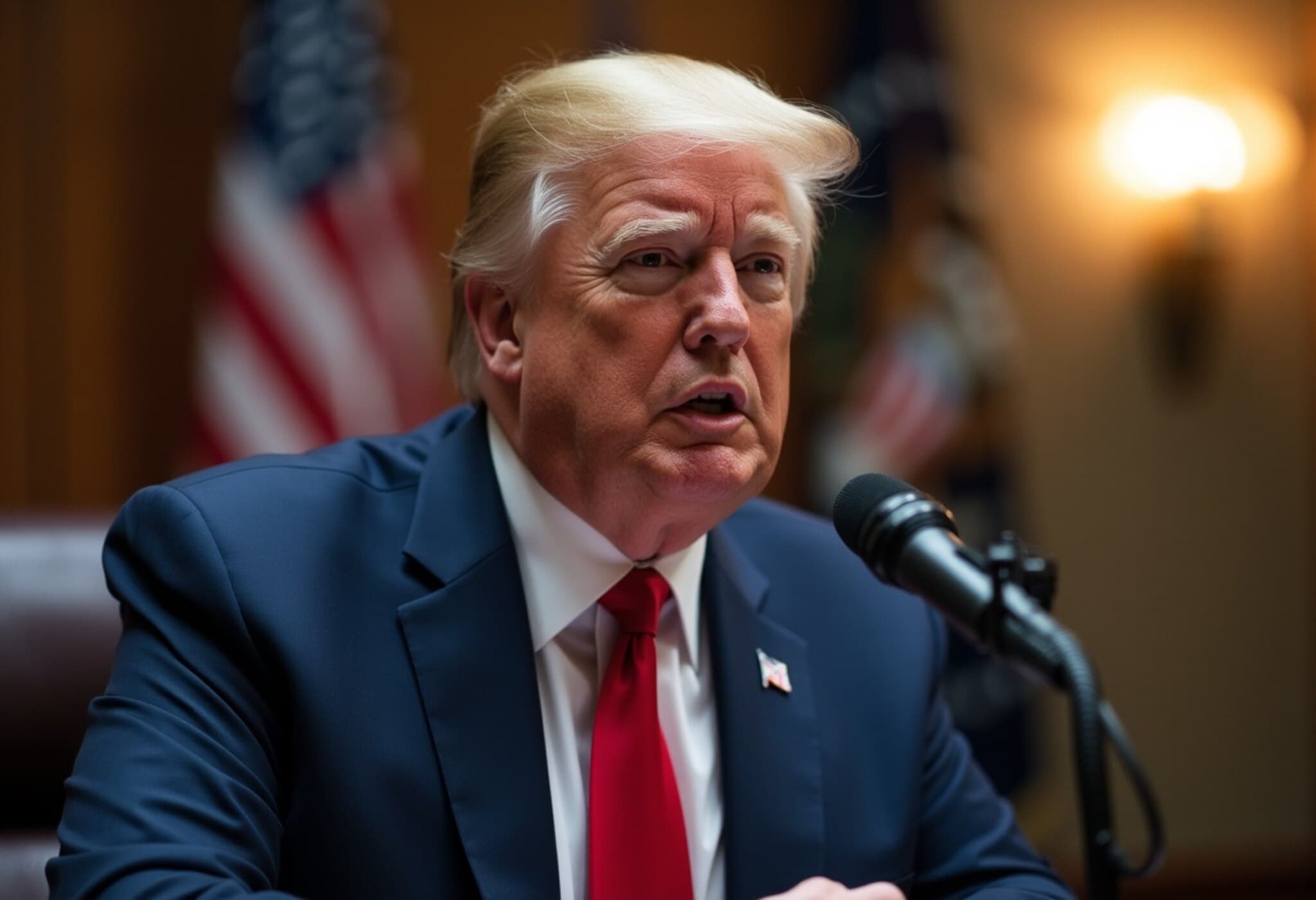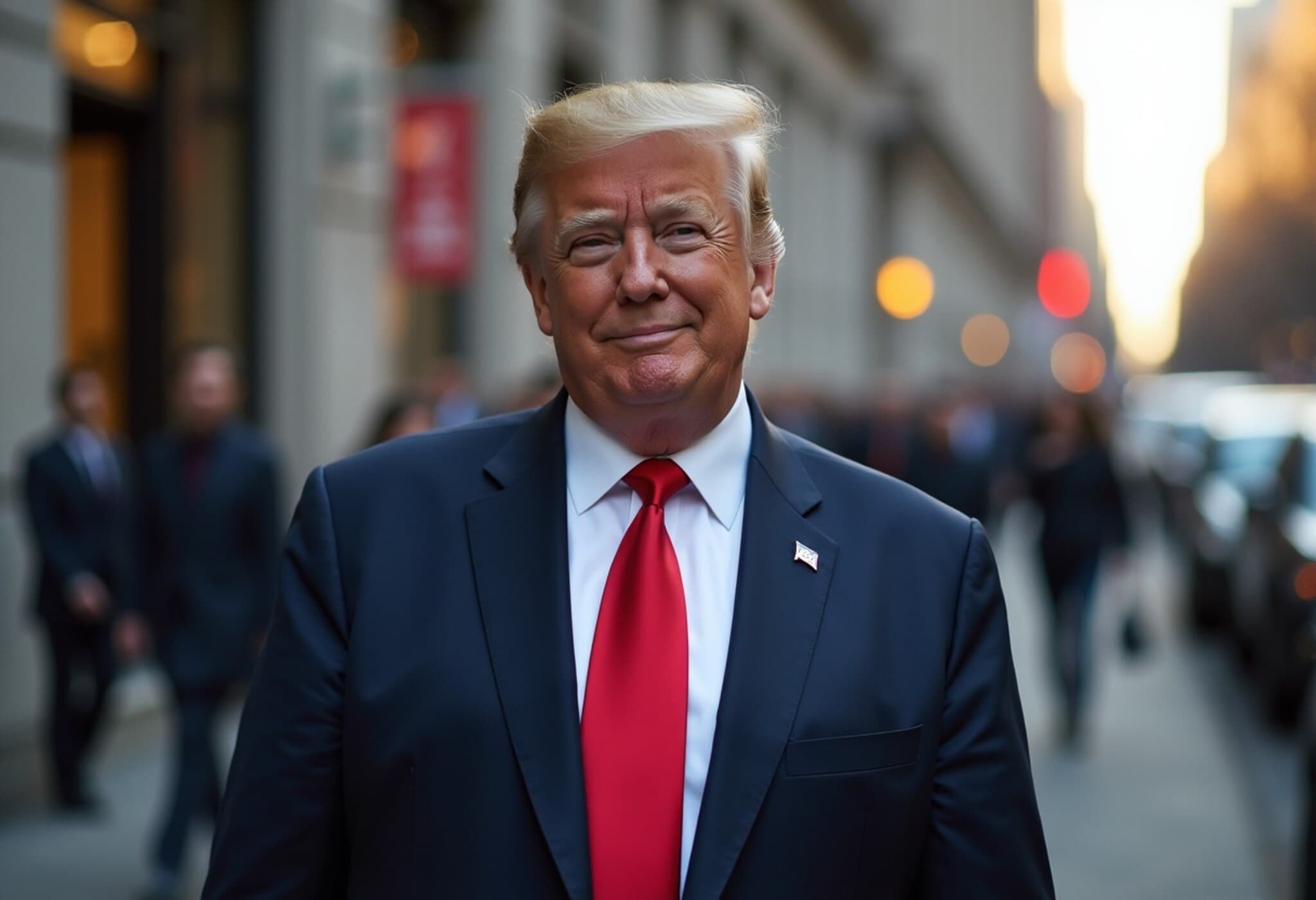UK Supreme Court Reverses Ruling on Auto Finance Compensation
In a landmark decision on August 1, 2025, the United Kingdom's Supreme Court effectively overturned a previous Court of Appeal ruling that deemed certain car finance agreements unlawful due to undisclosed commission payments to dealers. This verdict is expected to significantly reduce the scale of claims and compensation payouts by lenders across the country.
Relief for Lenders After Lengthy Legal Battle
The Supreme Court panel, comprising five judges, found that lenders cannot be held responsible for hidden commissions paid to car dealers, determining there was no bribery and that dealers were not legally bound to act exclusively in customers' interests. The judges clarified that a dealer’s commercial objective to secure a profitable sale naturally coexists with their role in facilitating finance packages for buyers.
"No reasonable onlooker would think that, by offering to find a suitable finance package to enable the customer to obtain the car, the dealer was thereby giving up, rather than continuing to pursue, its own commercial objective of securing a profitable sale of the car," the judges stated.
This ruling brings welcome news for lenders like Lloyds, the UK's largest car finance provider through its Black Horse brand, which had set aside more than £1 billion ($1.3 billion) in anticipation of compensation claims from potentially millions of affected customers.
Wider Implications for the UK Financial Sector
The decision offers a broader reprieve to the financial services industry, which has endured a turbulent decade marked by scandals such as the mis-selling of payment protection insurance (PPI). Experts suggest that the judgment diminishes fears of similar large-scale compensation claims related to hidden commissions in other financed consumer goods, including household appliances.
- Andrew Barber, Financial Regulatory Partner at Dentons, noted, "The risk of claims in other finance arrangements where commission payments are made will also have significantly reduced as a result."
Background: The Court of Appeal’s Original Ruling
Last October, the Court of Appeal sided with three motorists who had taken out finance agreements before 2021, ruling that dealers acting as credit brokers failed to adequately disclose that they received commissions from lenders. This decision sparked concerns that millions of consumers might be entitled to financial redress, potentially costing the industry tens of billions of pounds.
Two lenders, FirstRand Bank and Close Brothers, challenged this ruling, arguing during a three-day Supreme Court hearing that the Court of Appeal’s judgment was fundamentally flawed. The Financial Conduct Authority (FCA), the UK’s regulatory body, supported this stance, labeling the earlier verdict as excessive.
Regulatory Response and Next Steps
In response to the Supreme Court's decision, the FCA expressed cautious optimism, emphasizing its commitment to ensuring consumer fairness. It announced plans to analyze the ruling over the weekend and engage with industry stakeholders to explore potential compensation schemes for affected customers.
The FCA highlighted the importance of maintaining a healthy motor finance market, noting that approximately 2 million Britons rely on such agreements annually to purchase vehicles.
Expert Analysis: What This Means for Consumers and the Market
This ruling effectively shifts the landscape for future financial claims in the UK. While consumers might miss out on compensation linked to undisclosed commissions on car finance, the decision restores clarity for lenders regarding their legal responsibilities.
From a policy perspective, the case underscores the delicate balance courts and regulators must strike between protecting consumer rights and maintaining confidence in financial services markets. The potential financial burden on lenders—had the lower court ruling stood—could have led to increased costs for consumers or tighter lending criteria in the future.
Moreover, the ruling prompts questions about transparency in credit brokerage and consumer protection frameworks. It raises the critical issue of how much disclosure should be mandated to ensure fair consumer treatment without overburdening businesses.
Conclusion
The Supreme Court's decision delivers a complex victory for lenders and a sobering moment for consumer advocates. It tempers the wave of compensation claims while encouraging the financial sector to reflect on transparency and ethics in its commission practices.
Editor’s Note
As the dust settles from this pivotal ruling, readers should consider the broader implications: How do we strike the right balance between protecting consumers and safeguarding the viability of financial services? And in an era of increasing financial products complexity, how can regulators better ensure transparency without stifling innovation? This verdict, while easing immediate pressures on lenders, invites ongoing dialogue about fairness and responsibility in consumer finance.












